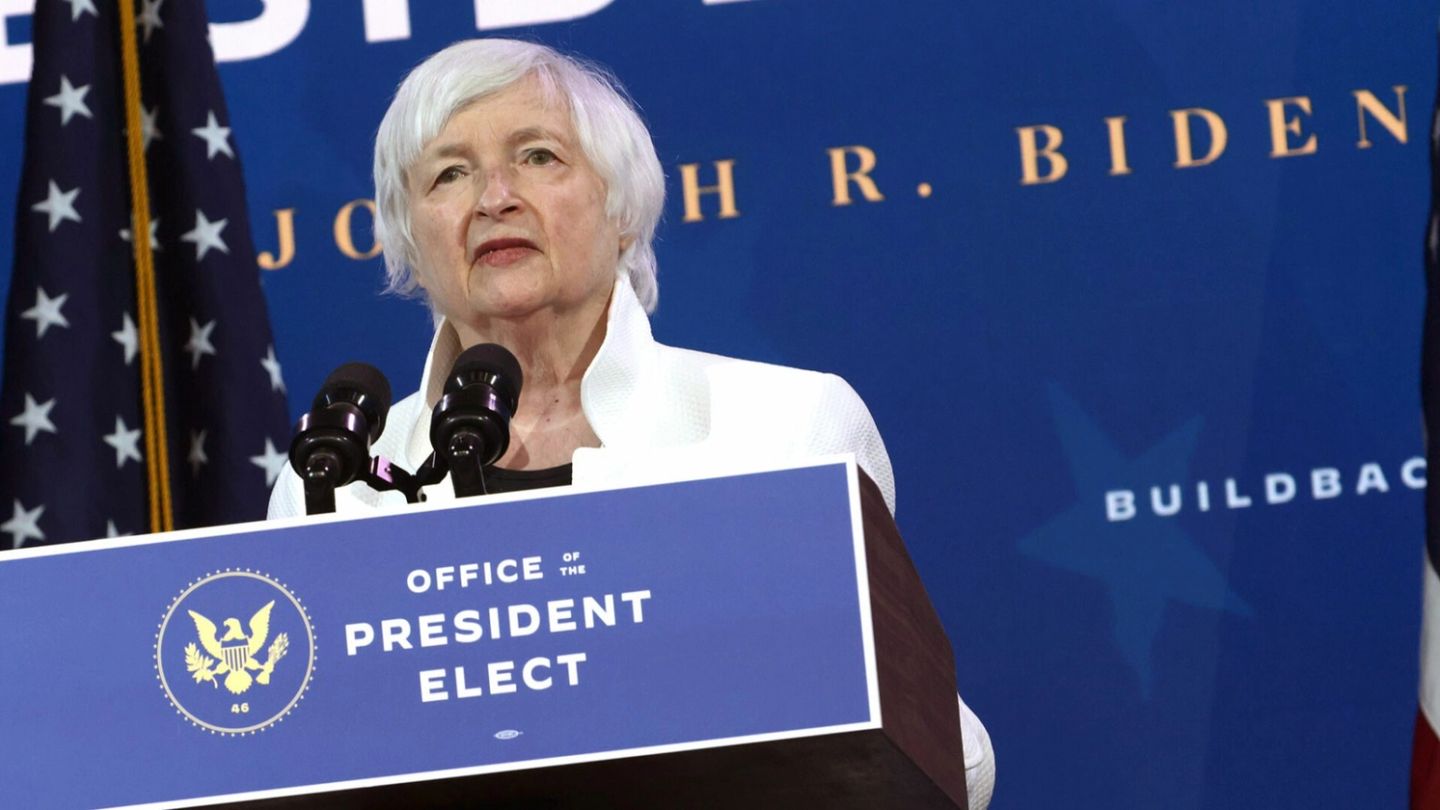
Sport -- 6 days ago

And so it begins. As Donald Trump’s court battles continue to nosedive like slack dominoes, president-elect Joe Biden has started to weave together the threads of his administrative fabric. While Obama alumnus Antony Blinken has been given the nod to serve as secretary of state, the appointment of Capitol Hill stalwart John Kerry as climate tsar signals that the Democrats have serious intentions – at least in the coming four years – to tackle the issue.
Discover the perks of being a member
| Clubhouse Membership | |
|---|---|
| Two Magazines per yearDelivered to your door | |
| Full Access to Paywall contentAccess to all member-only online features | |
| Membership Cardto redeem all the perks. | |
| Members Invites to Exclusive Eventsto private Clubhouse events | |
| Weekly newsletter Straight to your inbox | |
To receive the latest in style, watches, cars and luxury news, plus receive great offers from the world’s greatest brands every Friday.
